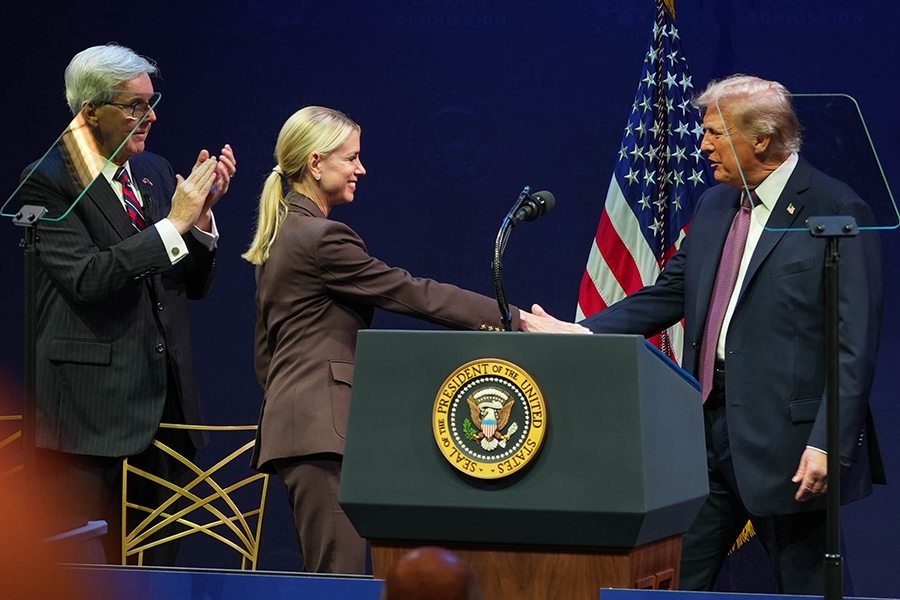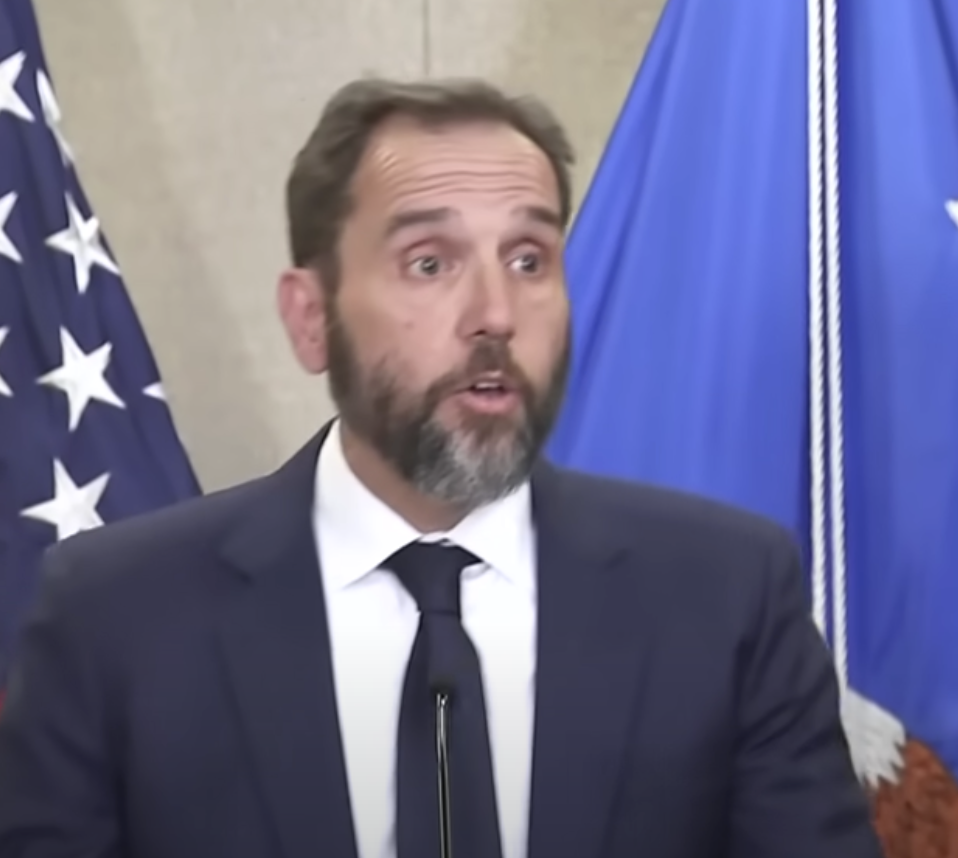 By Allan Lengel
ticklethewire.com
By Allan Lengel
ticklethewire.com
If you’re going to bribe a country, you might as well do it big time.
That’s what eight former executives and agents of Siemens AG and its subsidiaries must have figured.
On Tuesday, the Justice Department announced that the eight had been charged with allegedly engaging in a decade-long scheme to bribe senior Argentina officials to secure, implement and enforce a $1 billion contract with the government to produce national identity cards.
“Today’s indictment alleges a shocking level of deception and corruption,” said Assistant Attorney General Lanny Breuer in a statement. “Business should be won or lost on the merits of a company’s products and services, not the amount of bribes paid to government officials.
The indictment charges that the defendants and their co-conspirators conspired to violate the Foreign Corrupt Practices Act (FCPA) and the wire fraud statute, money laundering conspiracy and wire fraud.
Manhattan U.S. Attorney Preet Bharara said the defendants bribed Argentine officials in two successive administrations “and paid off countless others in a successful effort to secure a billion dollar contract.”
The indictment alleges that the defendants conspired to conceal the illicit payments.
For instance, authorities said, one person made cash withdrawals from Siemens AG general-purpose accounts in Germany totaling approximately $10 million, transported the cash across the border into Switzerland and deposited the funds into Swiss bank accounts for transfer to officials.
The defendants charged in the indictment returned late Monday included Uriel Sharef, a former member of the central executive committee of Siemens AG; Herbert Steffen, a former chief executive officer of Siemens Argentina; Andres Truppel, a former chief financial officer of Siemens Argentina; Ulrich Bock, Stephan Signer and Eberhard Reichert, former senior executives of Siemens Business Services (SBS); and Carlos Sergi and Miguel Czysch, who served as intermediaries and agents of Siemens in the bribe scheme.




